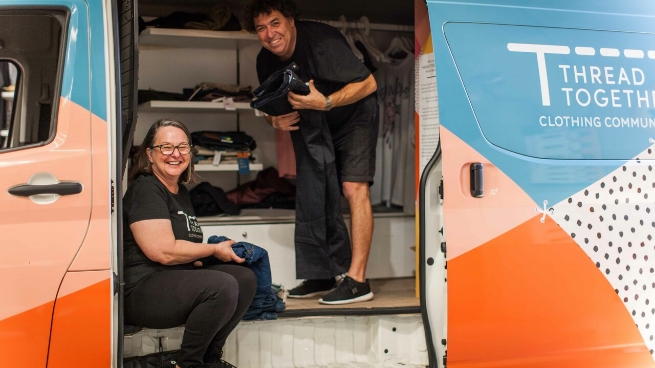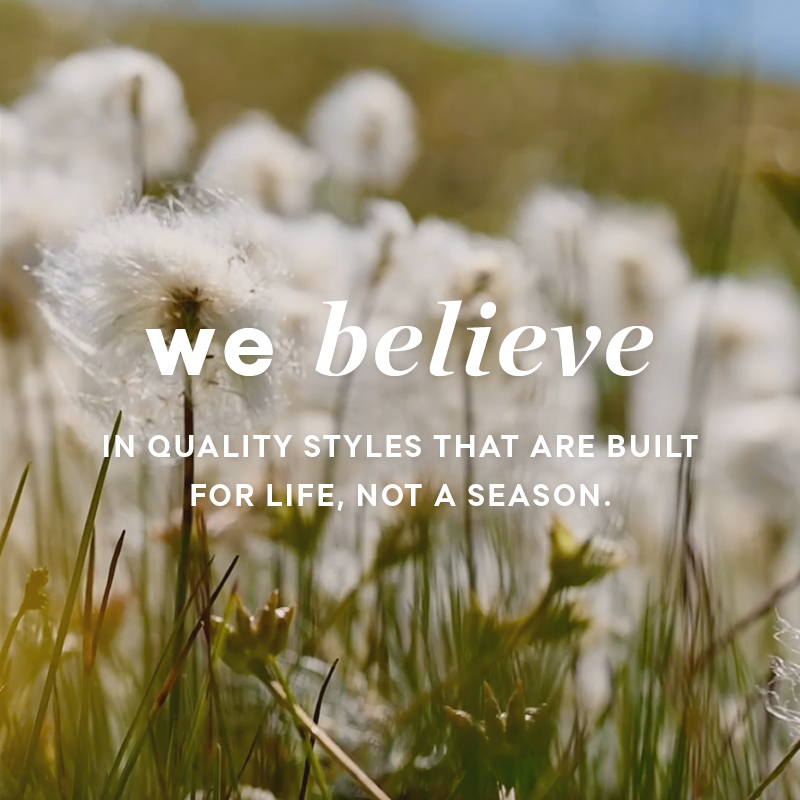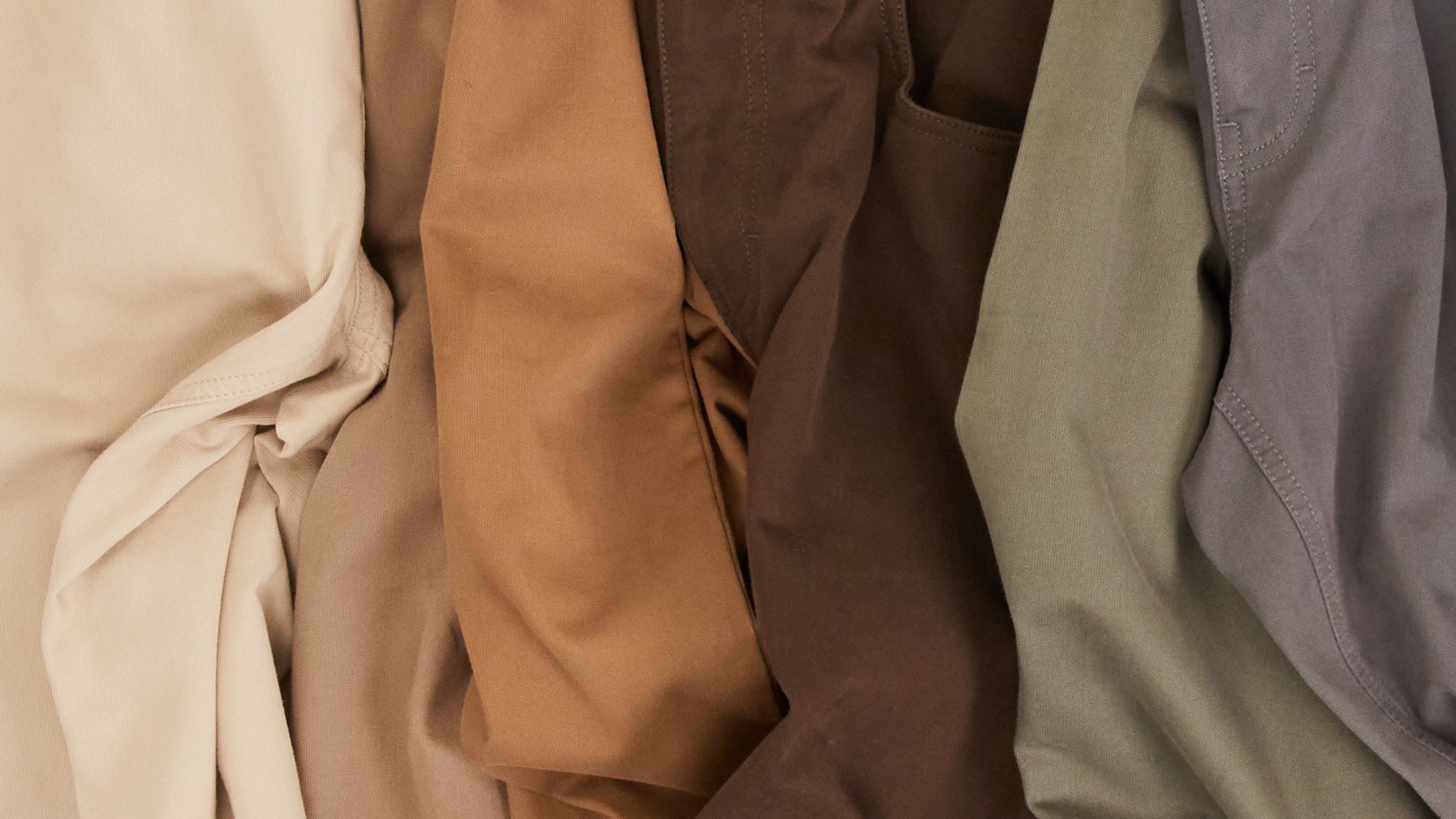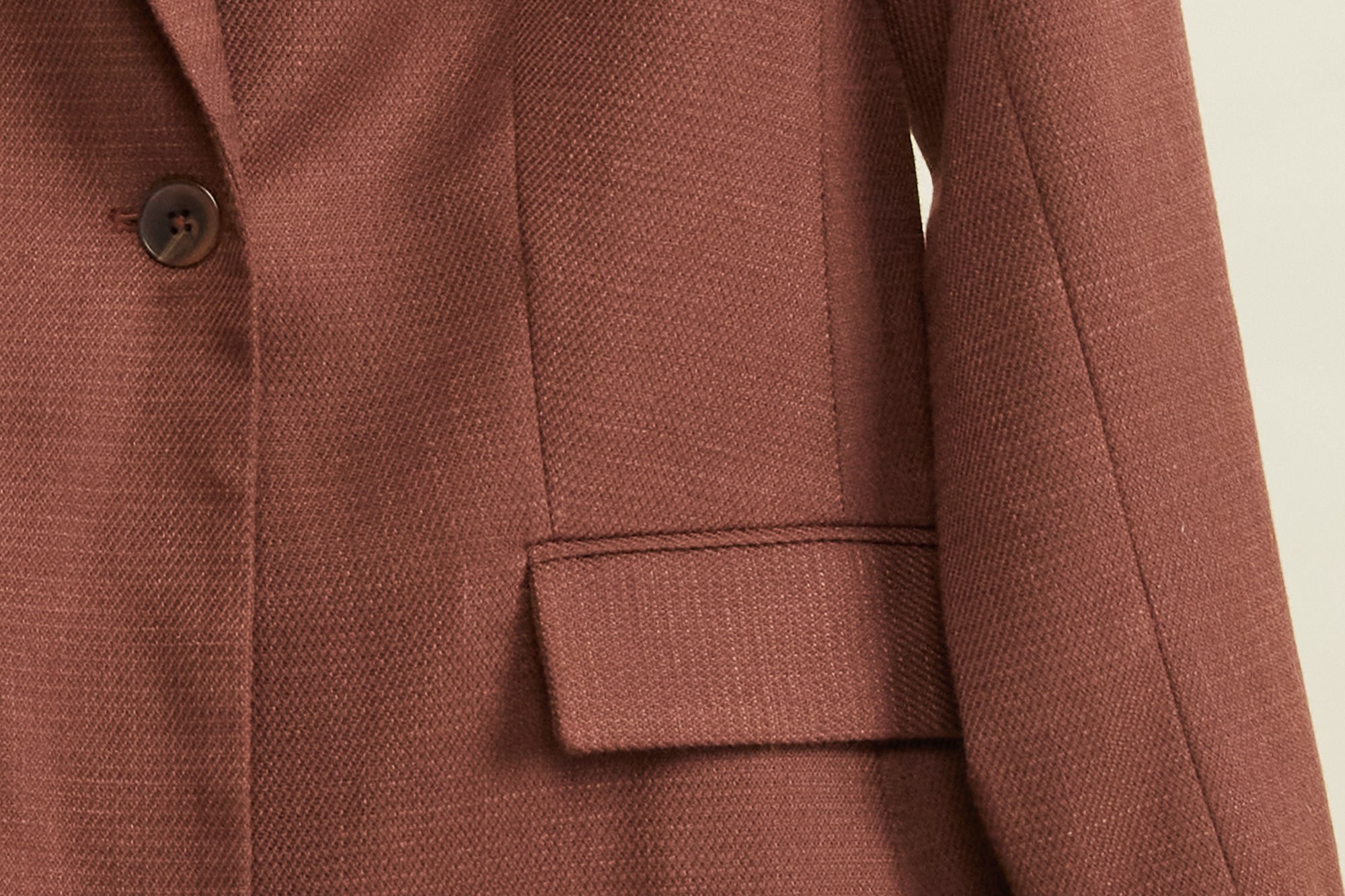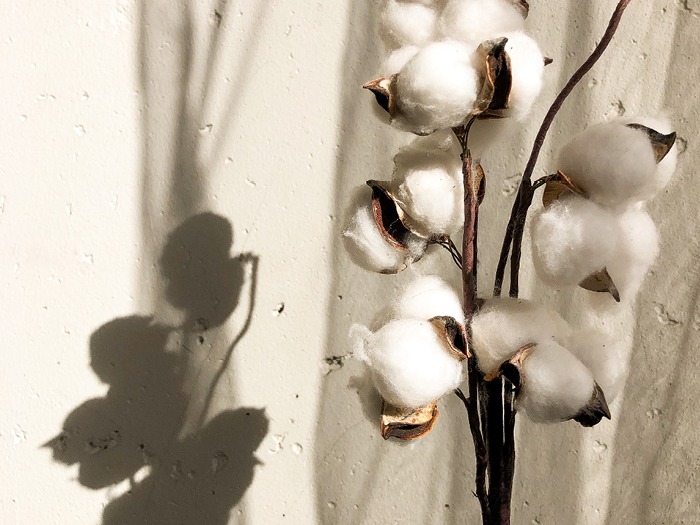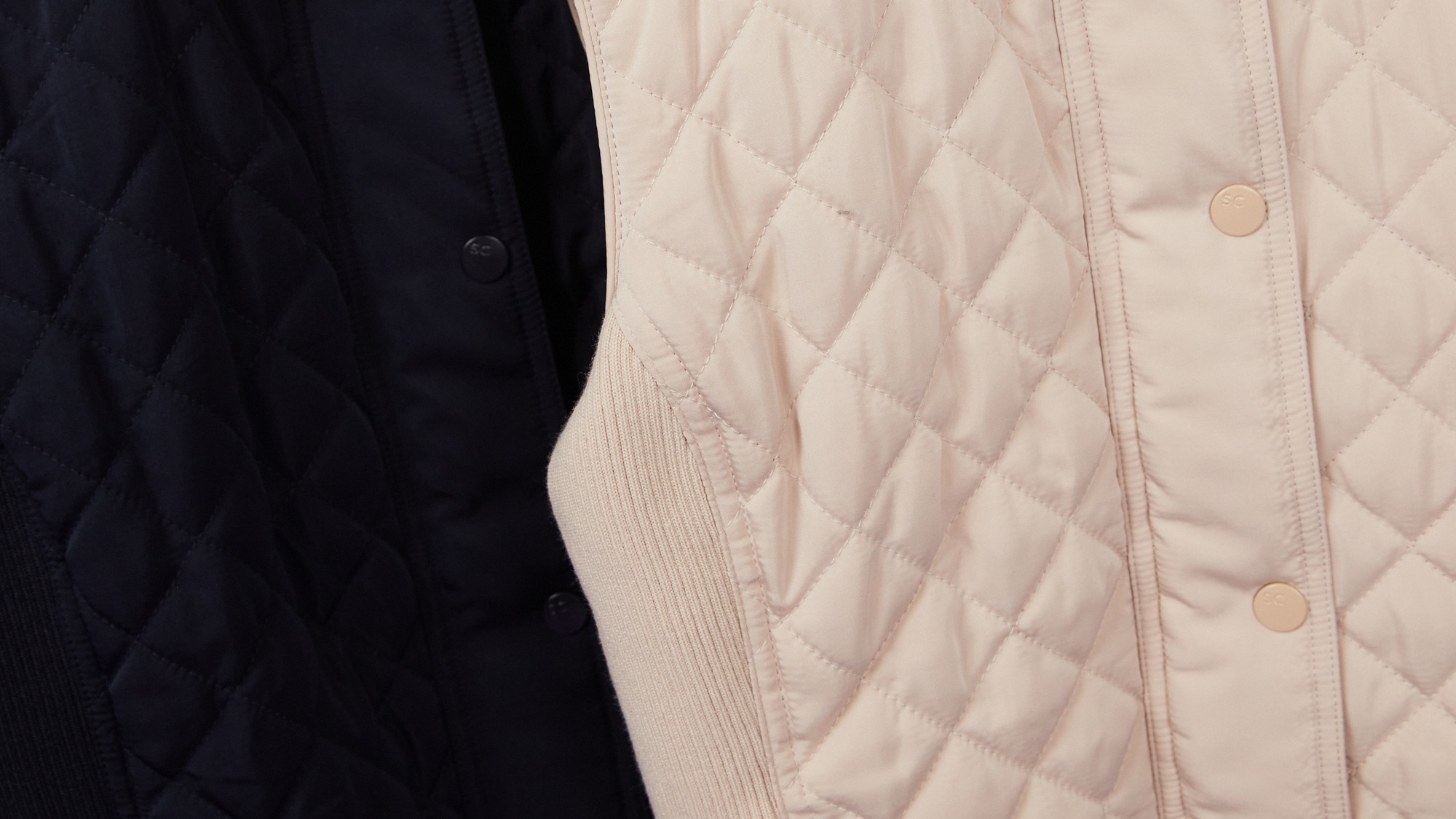Social Impact
3 Mar 2023
Author: SportscraftMarketing
Many hands go into the making of our beautiful products. We want to ensure everyone who leaves their touch on your clothing is treated fairly, can work with dignity, and is valued for their skill and expertise.
We know that materials and their environmental effects are only one part of the equation. Fair and just labour is crucial in meeting the needs of all.
SUPPLY CHAIN & TRACING
We partner with industry experts to ensure we deliver beautiful quality products and strong ethical standards. We have been working with many of our supply partners for a decade or more, and keeping these long-standing relationships of trust and mutual respect means we have excellent visibility throughout our supply chain.
We trace and audit all of our garment and accessories facilities (Tier 1), and no Sportscraft product can be made at any factory before an audit is complete and the facility has met our requirements.
Our goal is to have full traceability back to the producers of the fibre that makes our clothes. We have full visibility of the majority of our fabric suppliers (Tier 2) and some of our yarn suppliers (Tier 3). This is an ongoing process, and we will continue to work towards 100% traceability as a central pillar of our human rights strategy.
View our current factory list at our corporate group website
INTERNATIONAL LABOUR ORGANISATION CALL TO ACTION
Sportscraft, through our parent company APG & Co, is a signatory to the International Labour Organisation’s (ILO) Call to Action ‘COVID-19: Action in the Global Garment Industry’. Call to Action is a global initiative which brings together a collective of fashion brands, trade unions, not-for-profits and government organisations to provide support to apparel manufacturers during the Covid-19 pandemic.
Please visit the ILO website to see the brands which are supporting the Call To Action.
CODE OF CONDUCT AND GLOBAL SOURCING PRINCIPLES
Sportscraft requires all new suppliers to agree and adhere to our Code of Conduct and Global Sourcing Principles. These policies state the minimum standards of ethical and responsible behaviour Sportscraft expects from its suppliers and business partners. It’s based on International Labour Organization (ILO) standards, national legislative requirements and accepted best business practice.

MODERN SLAVERY
We’re committed to upholding the rights of workers in our supply chain by meeting international labour standards.
It is critical that we recognise our responsibility in eradicating modern slavery from fashion supply chains. The majority of garment workers are women of colour who are often left vulnerable to poor or exploitative working conditions. Everyone deserves to work with dignity and self-determination in a safe and supportive environment.
Together with our suppliers, we’re working to ensure the rights of workers are met and that ethical behaviours are adopted across all operations. This is part of our commitment to improving social justice in our industry.
Cotton is a key area of concern for us. The EUFL coalition believes that 1 in 5 cotton garments on the global market has involved Uighur forced labour in its supply chain. It is our commitment to try not to source any yarn, textiles or apparel from the Xinjiang Uyghur Autonomous Region, or any other region profiting from human rights violations and forced labour.
We are proud to have been rated in the top 10 Australian apparel companies achieving Modern Slavery compliance in ‘Broken Promises: Two years of corporate reporting under Australia’s Modern Slavery Act’.
LIVING WAGE
A living wage aims to ensure that in a standard 48-hour work week, a person can afford a decent living for themselves and their family, including food, water, housing, education, health care, transport, unexpected emergencies, and other essentials for a simple but secure life (as per Article 23 of the Universal Declaration of Human Rights and Article 7 of the International Covenant on Economic, Social and Cultural Rights). This differs from a minimum wage, which doesn’t always guarantee these rights are met.
What constitutes a living wage will vary between countries and unfortunately there is no universal standard that ensures fair and just wages are accessible for all.
As part of our commitment to human rights, we are working towards understanding and improving the wage systems for all workers in our supply chain. Through making this commitment, Sportscraft is sharing the ambitions of governments, humanitarian organisations and a growing legion of brands working towards closing the gap between the minimum wage and a living wage.
GENDER EQUALITY IN SUPPLY CHAINS
At Sportscraft we have built our business on designing and producing quality clothing, and endeavour to provide quality work for the people who are involved in our supply chains. As Sportscraft is part of an industry which primarily employs women, we recognise the key role in which we play to drive gender equality not only through our business but also through our supply chain. As a signatory to the United Nations Women’s Empowerment Principles, we are working towards progressing UN Sustainable Development Goal no. 5 - Gender Equality.
HAZARDOUS AND RESTRICTED SUBSTANCES POLICY
At Sportscraft, we take our commitment to customer safety and environmental impact seriously. Our Hazardous and Restricted Substances Policy allows us to work closely with our suppliers to ensure any potentially harmful chemicals are eliminated from our production processes and finished products.
Restricted substances are any materials that pose a potential risk to the health of humans or ecosystems. They may be present in any stage of the manufacturing process, from raw material processing to washing, dyeing, finishing and packing. We align our policy with the ZDHC MRSL, a globally recognised industry standard for chemical management in fashion supply chains, and work with our suppliers to ensure the highest standards of due diligence are met.
WHAT'S NEXT?
We are committed to providing better futures for everyone involved in bringing our products to life.
BY 2025 WE ARE AIMING TO:
Improve visibility across all tiers of our supply chain by partnering with an integrated tracing platform
Highlight supplier expertise through dedicated profiles
Work with suppliers to improve chemical and water management systems
Continue updating and improving our zero hazardous substance policy
Work with industry experts to build on our commitment to a Living Wage


